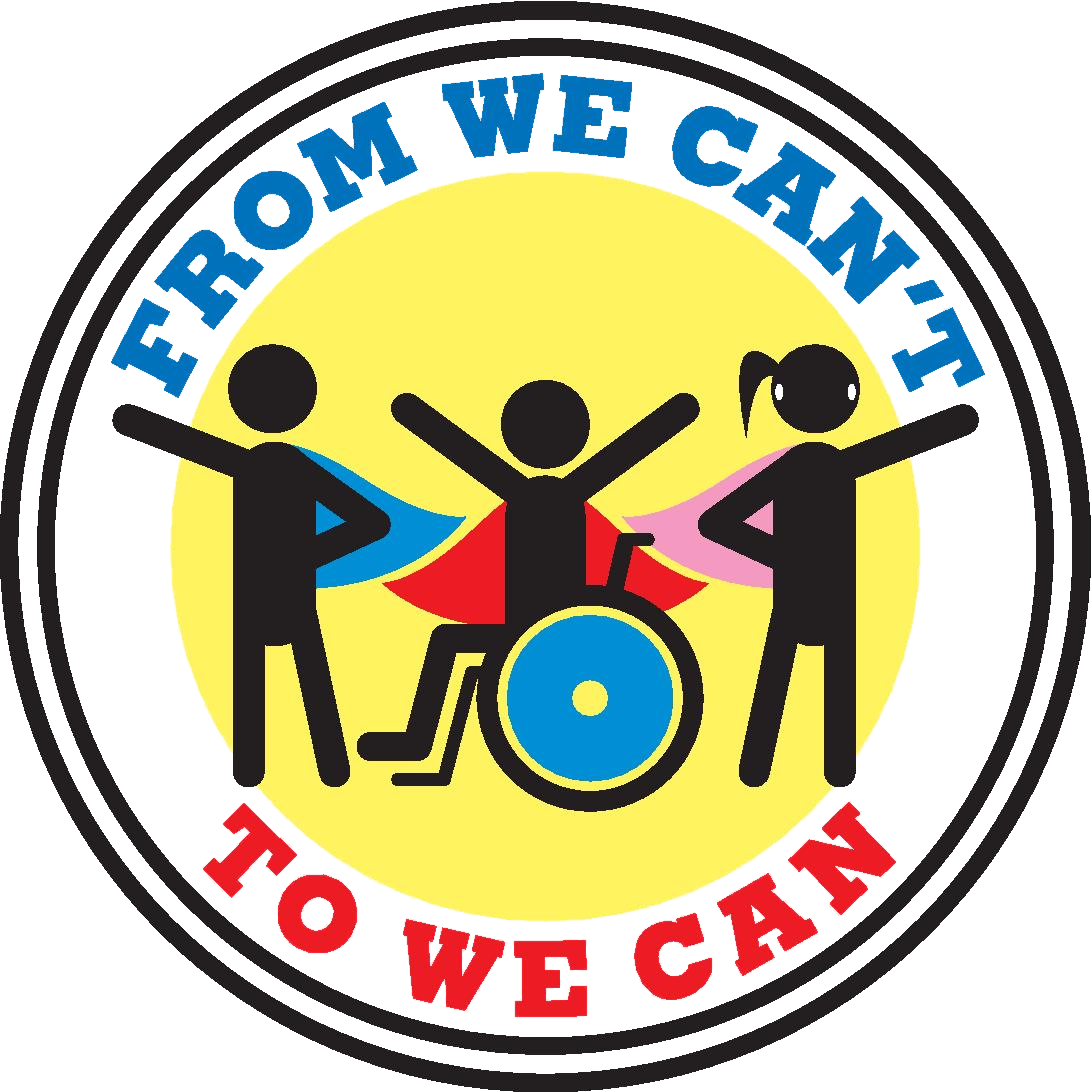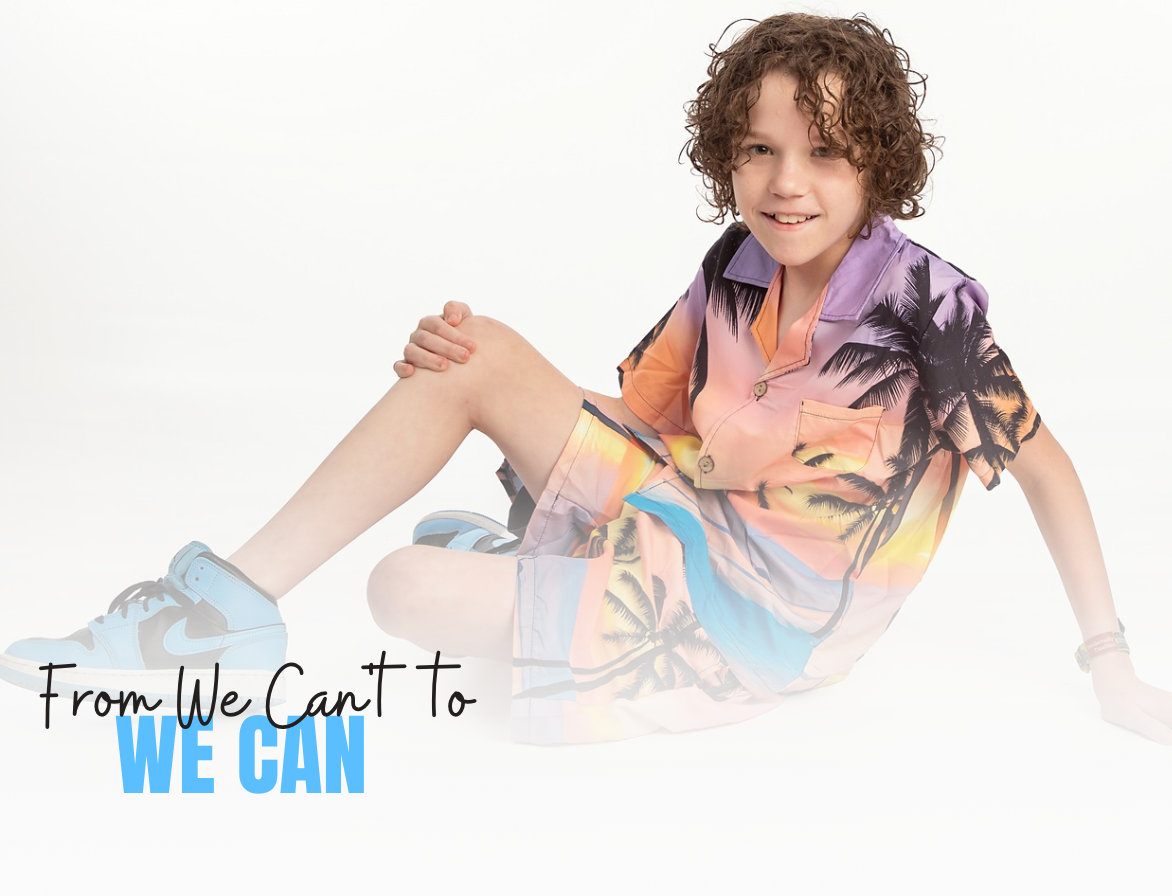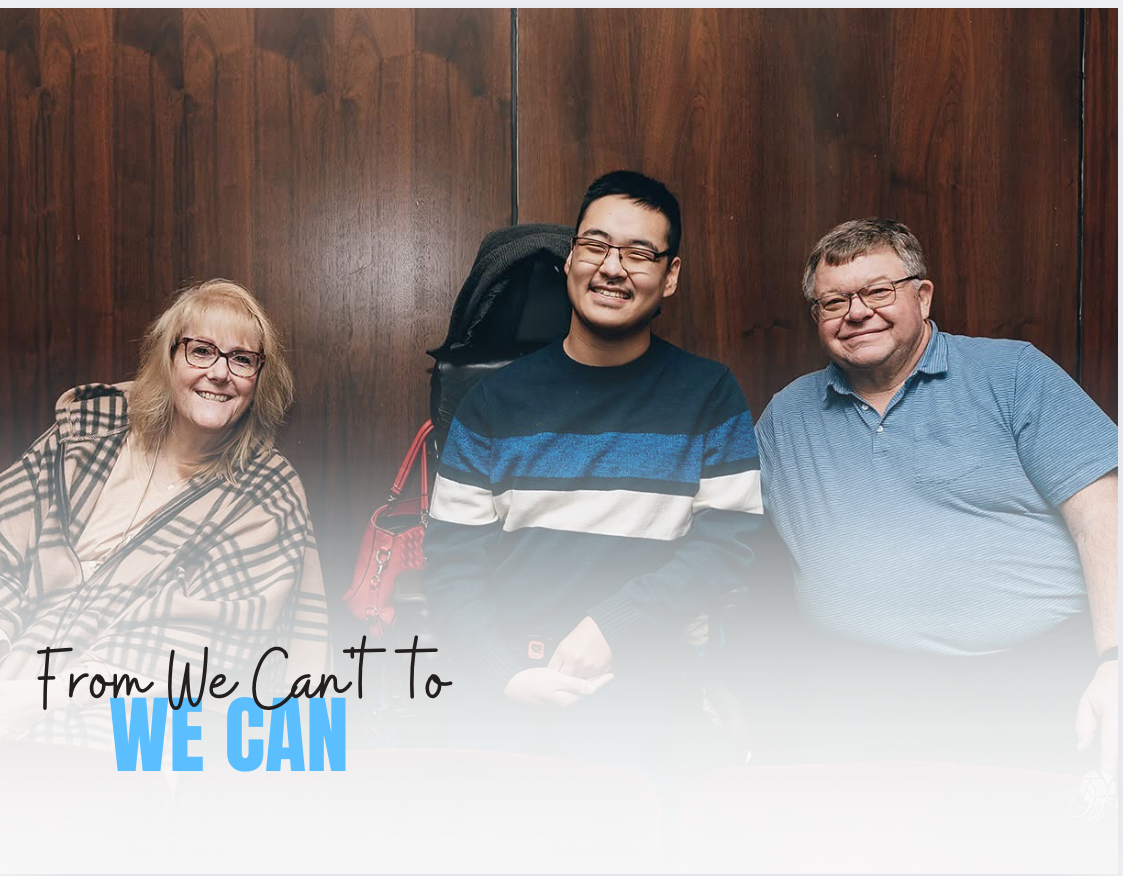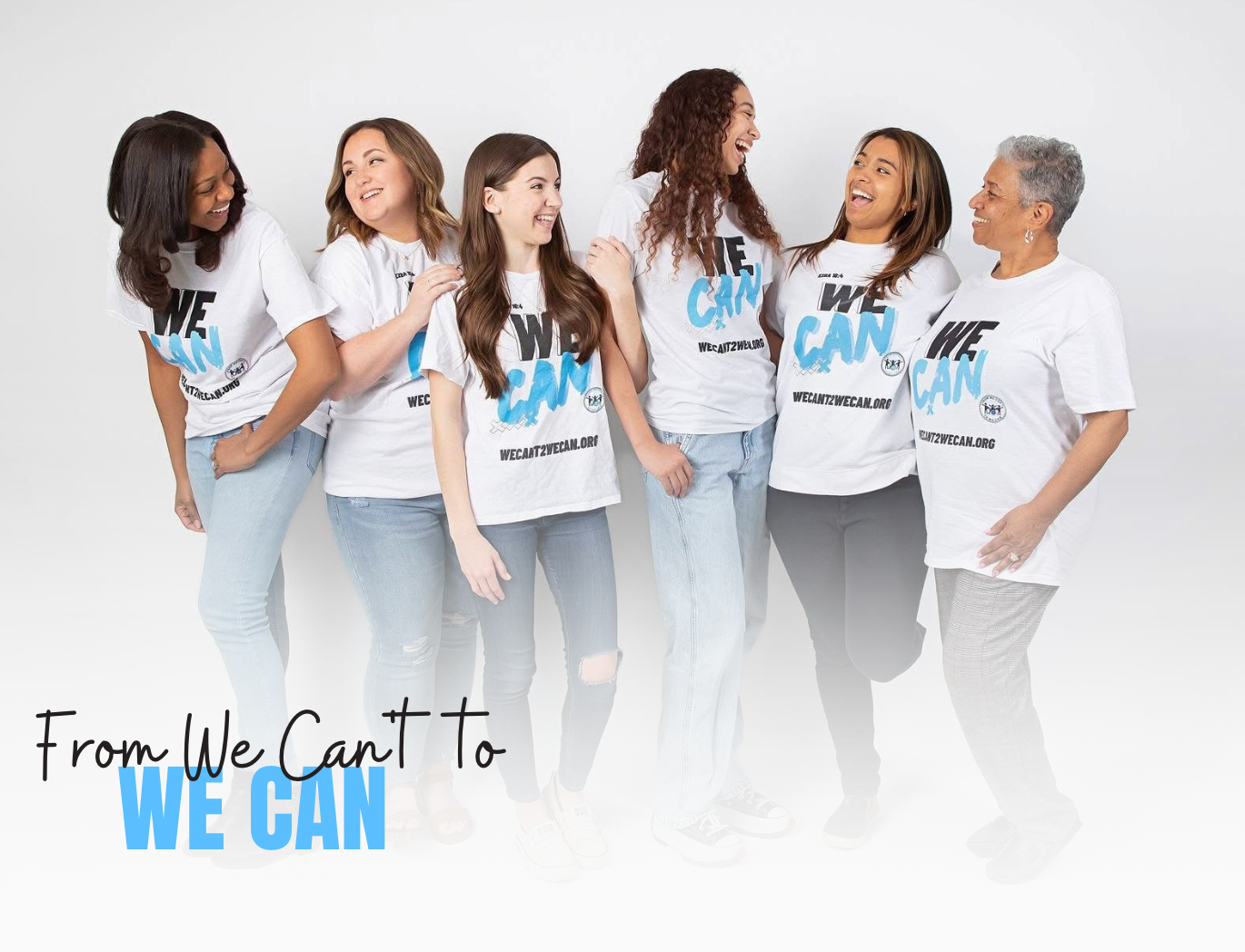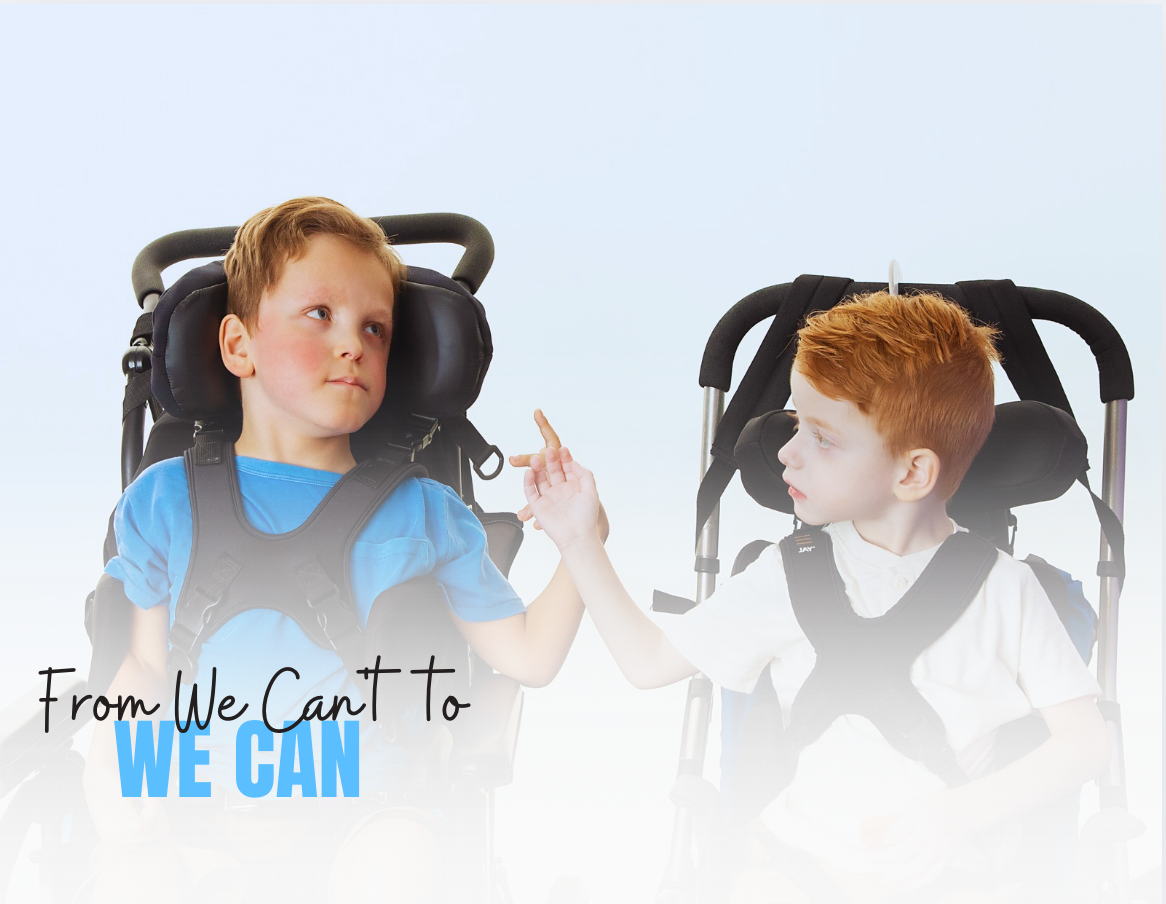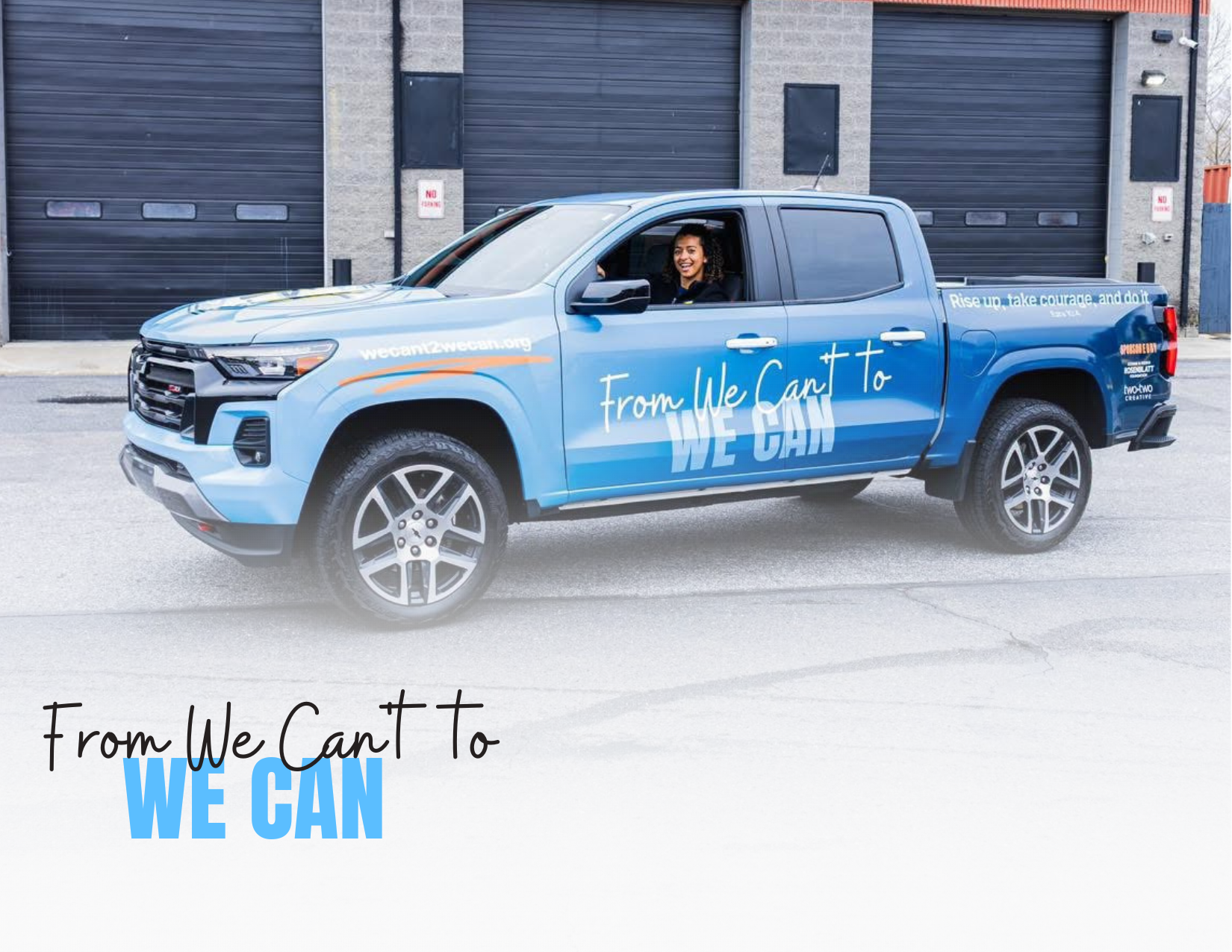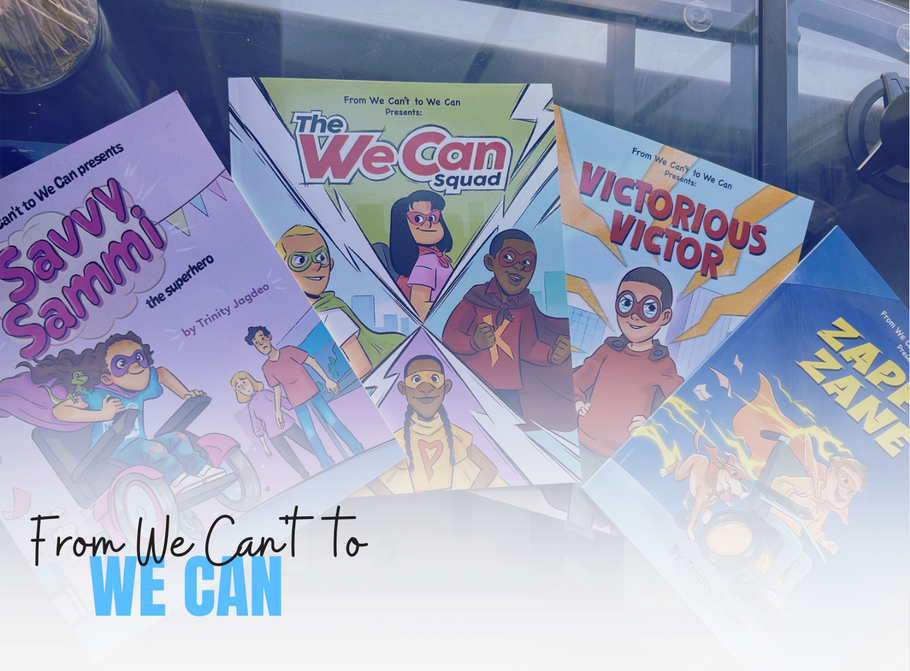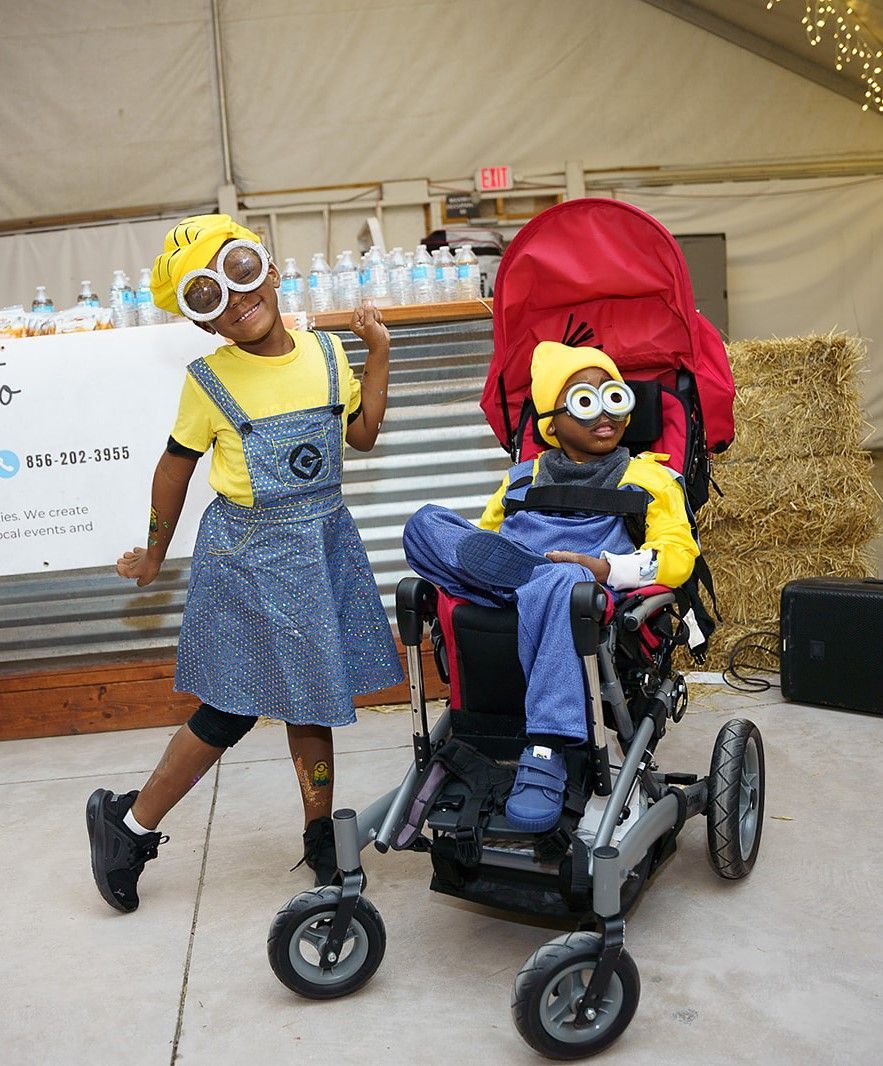Every October, we commemorate National Disability Employment Awareness Month (NDEAM) to bring focus to the countless contributions of disabled individuals in the workforce.
However, the path to employment is often a complex journey for many disabled children as they transition into adulthood. From facing systemic barriers in accessing services to navigating the stigma that still
persists in much of the professional world, young disabled individuals are too often left to tackle these obstacles without adequate support. This is why early intervention, and the role of non-profit organizations like From We Can't to We Can are vital in ensuring smoother transitions and successful futures for disabled youth.
Navigating the Transition to Adulthood
Despite progress in disability rights and employment protections, the unemployment rate for
disabled individuals remains disproportionately high. Many disabled young adults struggle to find
employers willing to accommodate their needs, or worse, encounter workplaces that remain
inaccessible or unwelcoming. Without the necessary resources to navigate these obstacles, young
disabled people may be left feeling isolated and defeated.
Looking Forward: A Call to Action
As we celebrate National Disability Employment Awareness Month, it’s crucial to reflect on how we
can better support disabled youth during their most critical transitions. Employers must continue
to make strides toward creating inclusive workplaces, while schools and academic institutions need
to prioritize early intervention services that prepare disabled children for the workforce long before they reach adulthood. Organizations like From We Can't to We Can prioritize the roles of community and advocacy in shaping the futures of disabled individuals. By investing in these services, we ensure that every child, regardless of their abilities, has the opportunity to thrive in the workplace and beyond.
Battling With Insurance for Medical Equipment
Navigating the insurance system to obtain essential medical equipment can feel like an endless uphill battle, especially for families of children with disabilities. Unfortunately, many insurance companies refuse coverage for certain types of medical equipment, leaving families to bear the financial burden. This is where the Resource Recycler program steps in. To date, we have facilitated the exchange of over $55,000 worth of medical equipment, helping over 25 families access the tools they need but cannot afford. Families like Cristal Ojeda’s have shared how this program fills the gap
left by their insurance, allowing them to secure crucial equipment during military relocations, while Joann Kover recounts how the program provided support during her grandson’s life and helped her find peace after his passing. It is moments like these that highlight the importance of ensuring that no child’s needs go unmet simply because insurance falls short.
Summary
Again, it is vital to recognize the crucial role early support plays in empowering disabled youth through their transition to adulthood. The challenges they face—from systemic barriers to navigating a stigmatized workforce—underscore the need for targeted interventions that equip
them with the necessary tools and resources for success. Organizations like From We Can't to We Can exemplify the impact of community advocacy in dismantling these obstacles, while initiatives
like the Resource Recycler program highlight how we can bridge critical gaps in access to medical equipment. By coming together to prioritize inclusive practices and investment in support services, we can pave the way for a brighter and more equitable future for all disabled individuals entering
the workforce.
